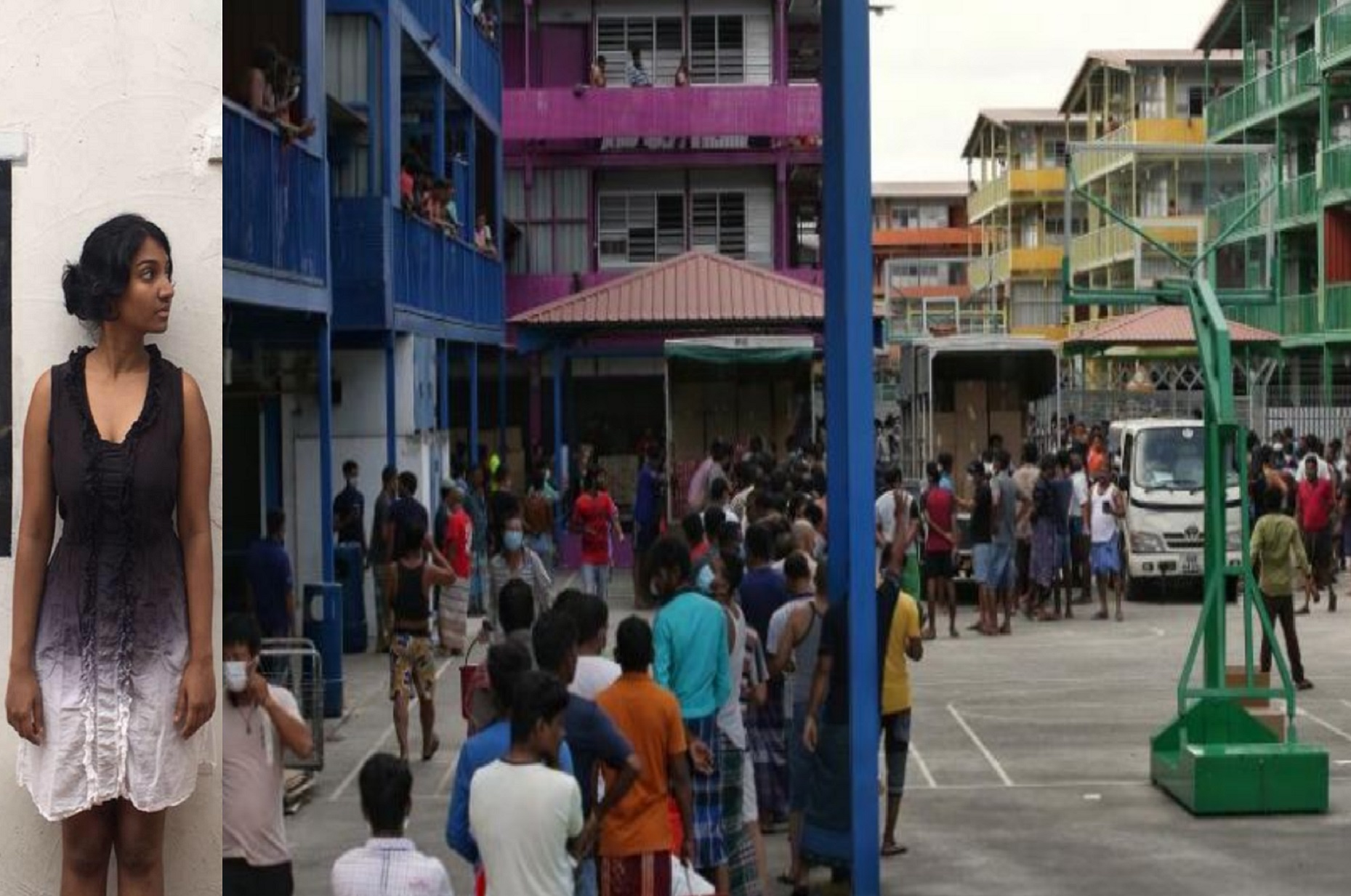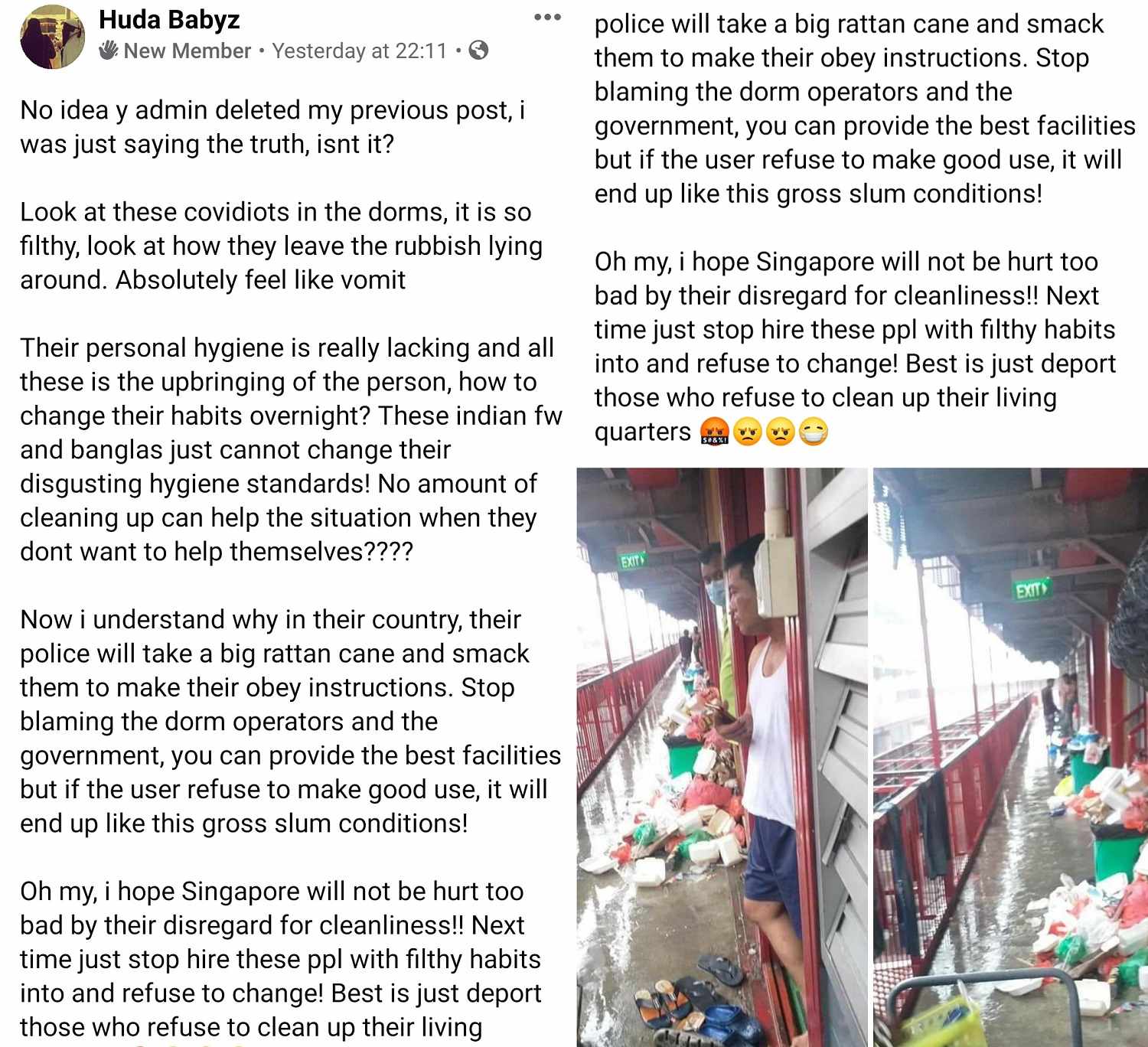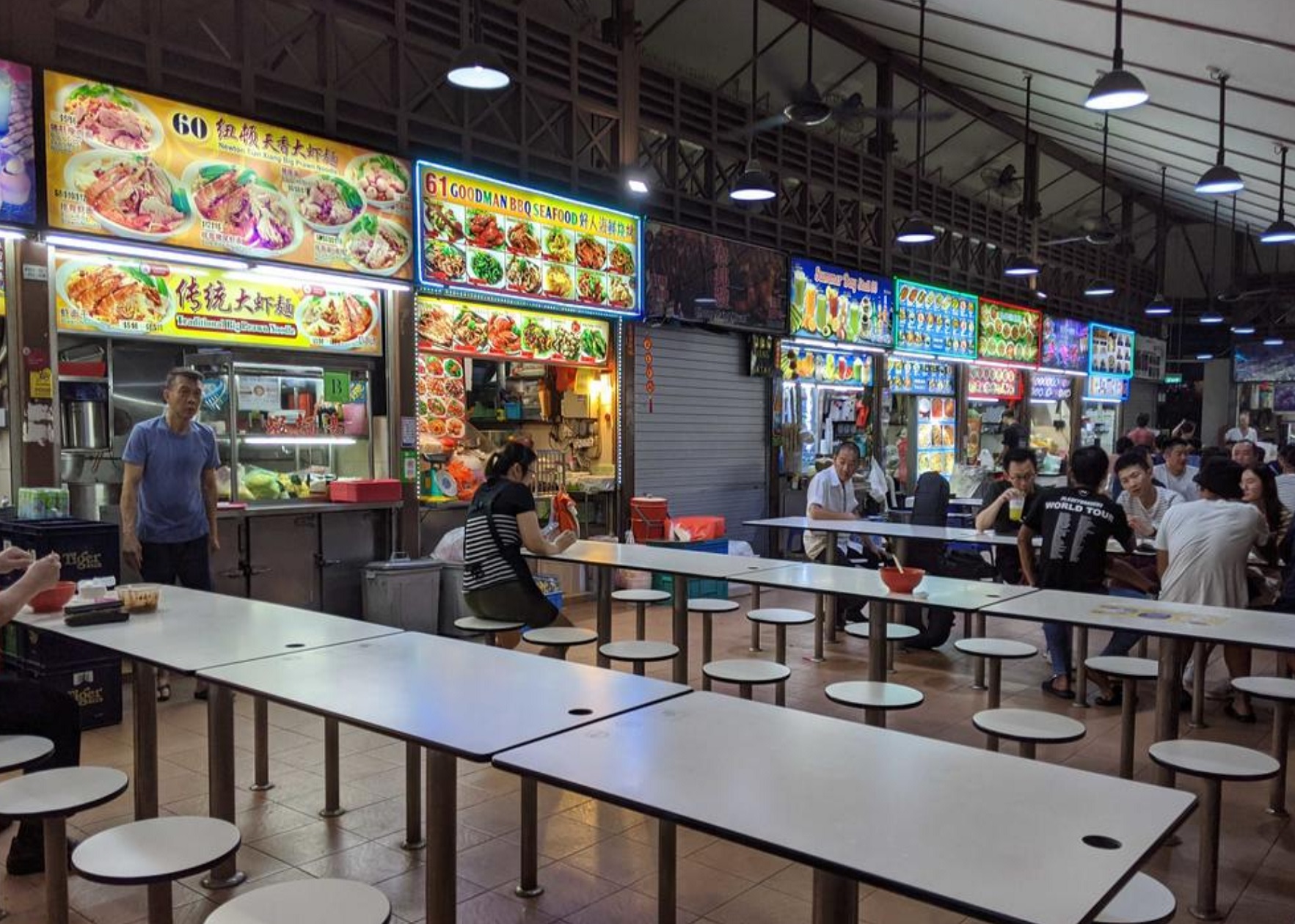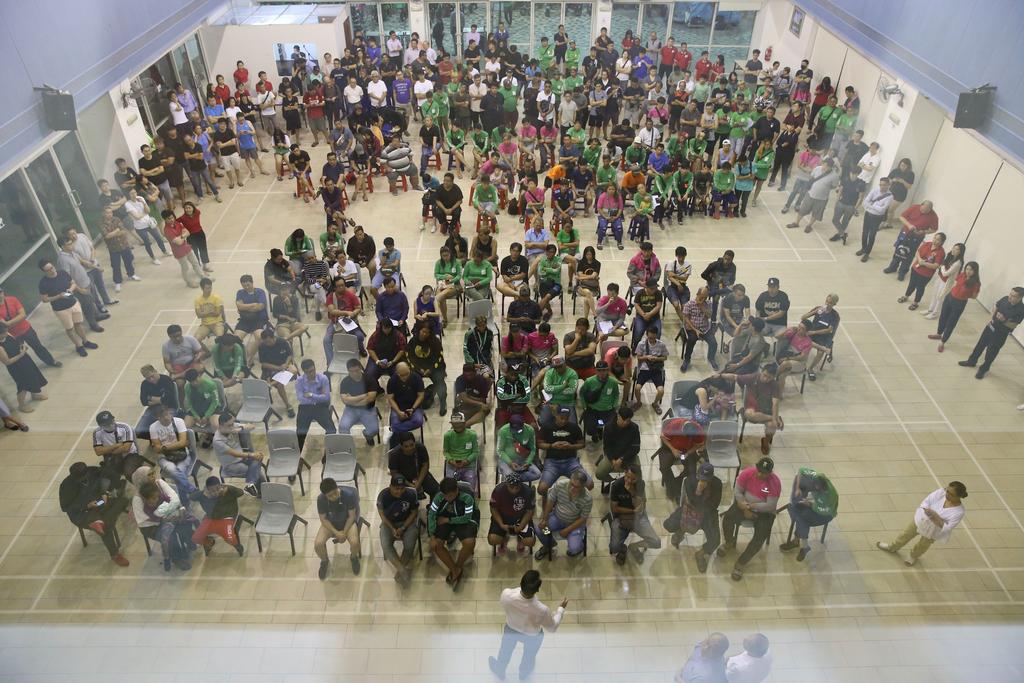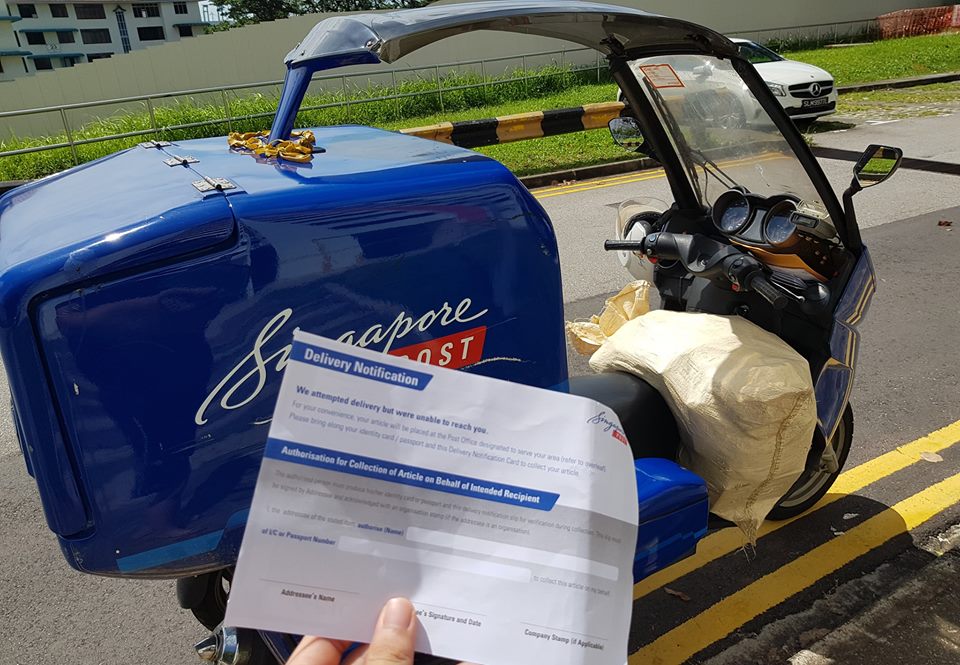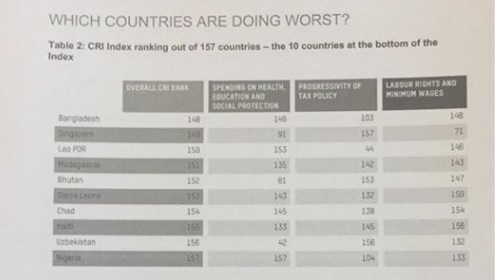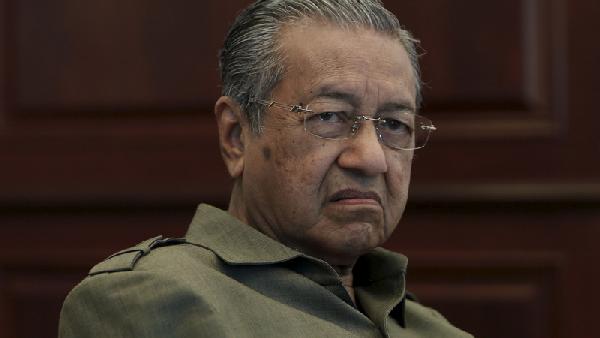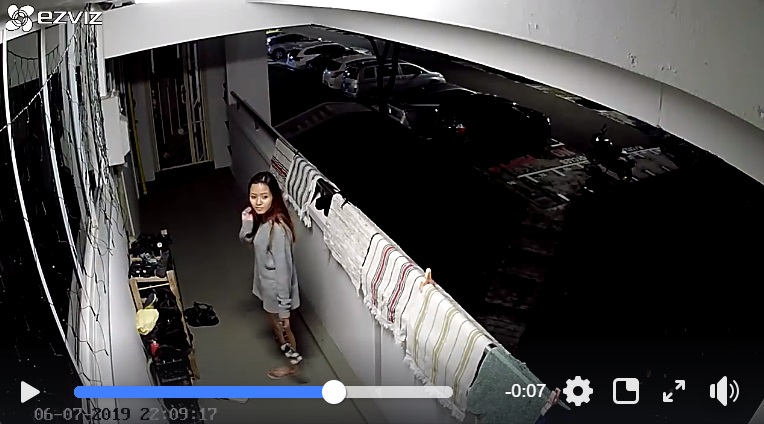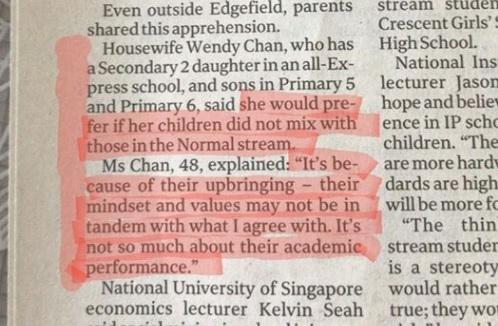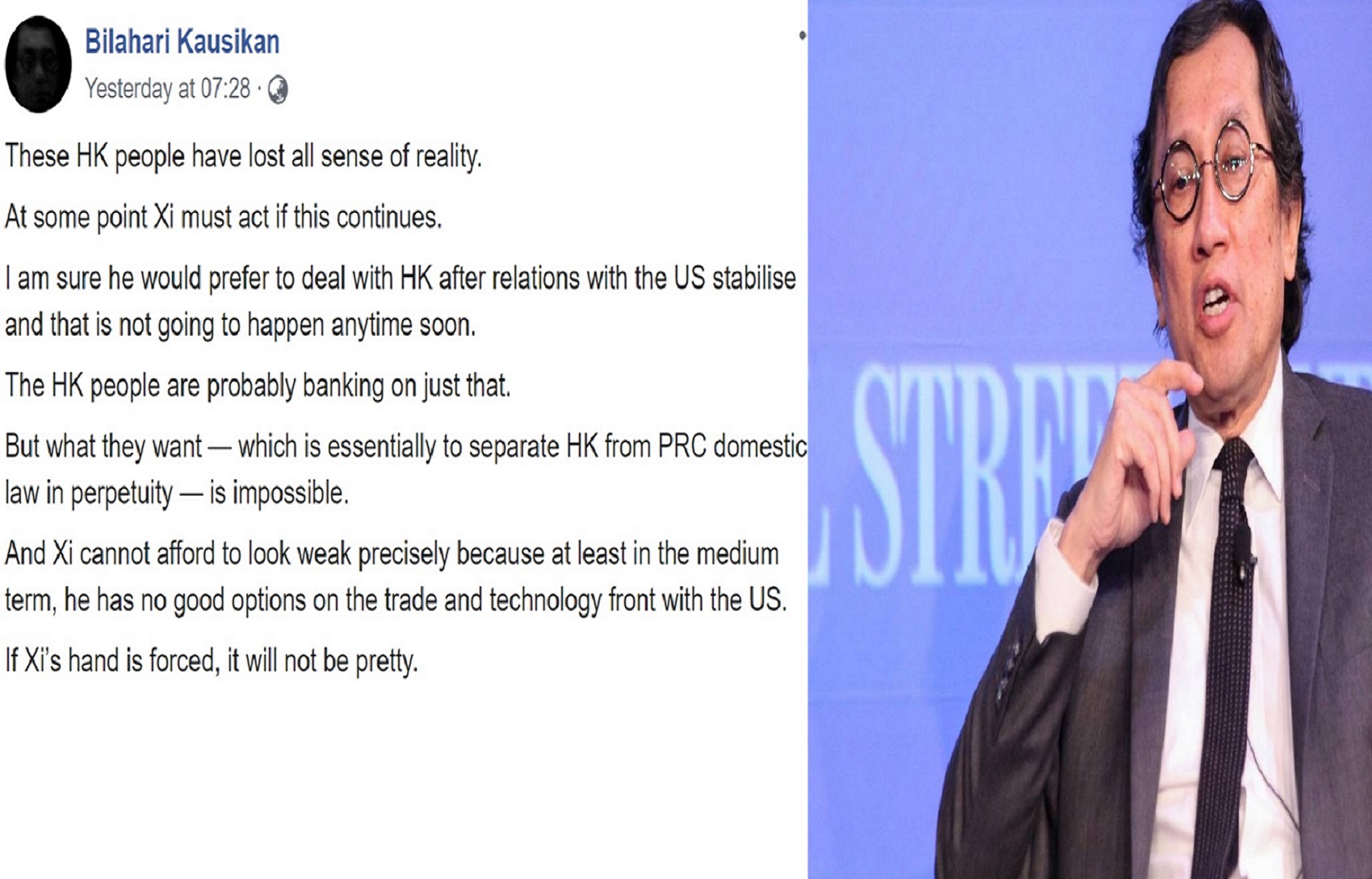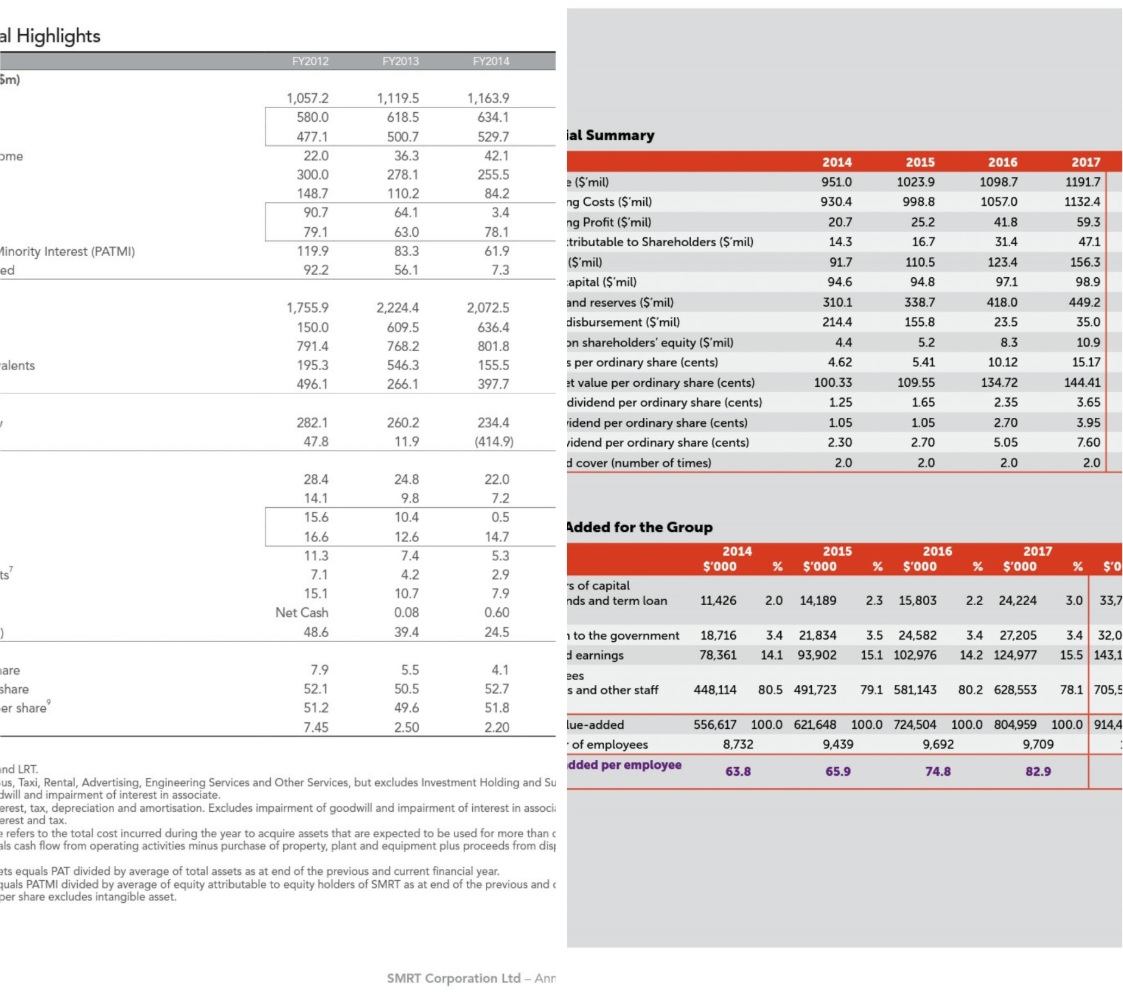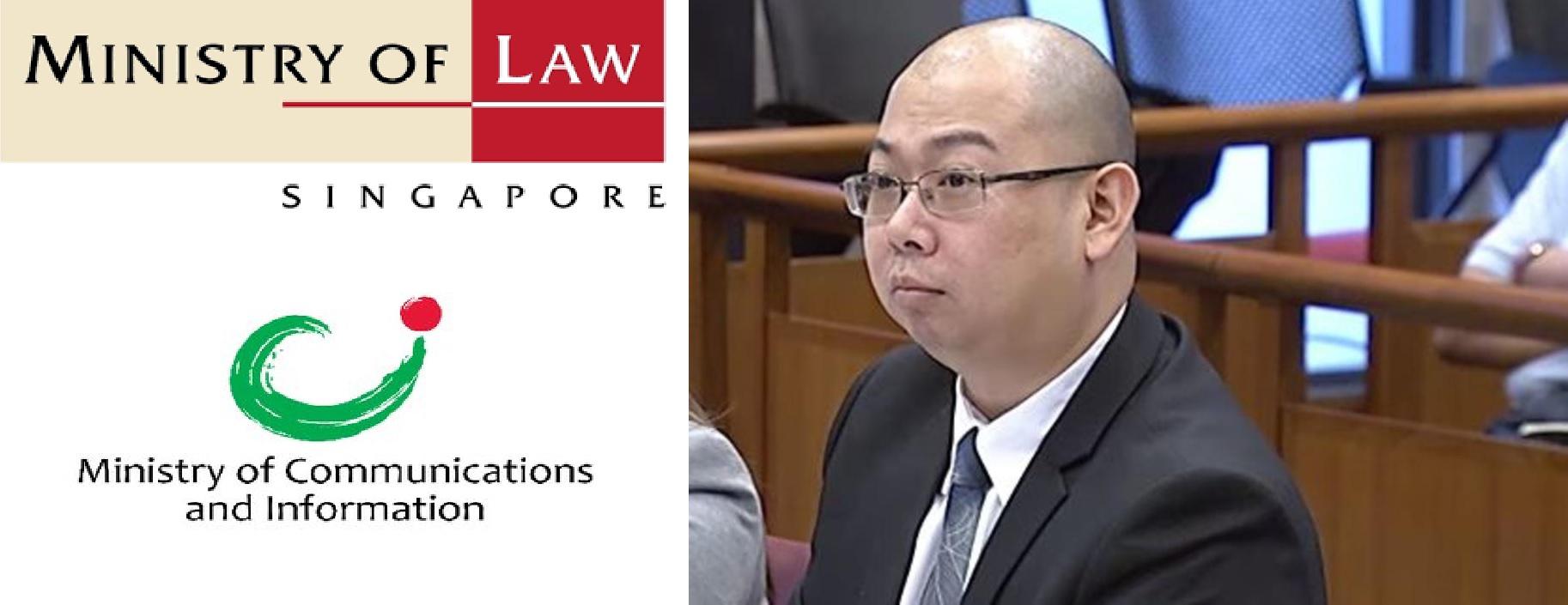So another survey of race and religious harmony in Singapore by the Institute of Policy Studies (IPS) found that while inter-ethnic relations have improved, there remain some areas of discontent.
These areas include the perceived workplace discrimination and the frustrations over some traditions or religious practices carried in the neighbourhood.
Some 60 per cent of Malays and 56 per cent of Indians perceived discriminatory treatment at work, especially when competing for jobs or promotions.
IPS researchers suggests that such issues need to be managed to "reduce the possibility of ill will between the communities".
In Singapore, we do have it a lot better than in many places. We have a relatively harmonious society comprising of communities that, by and large, try to keep the peace and not antagonise one another.
However, as Singaporeans become increasingly disengaged from their neighbourhoods and communities, the level of understanding between people of different ethnic background will inevitably decrease.
Connections forged in tertiary institutions or even the workplaces are usually superficial, and do not result in firm friendships that last. Of course, there are exeptions to this.
The less you know about the other, the more suspicious you will get. The more suspicious you become, the more you refrain from opening up to others. This viciuous cycle continues.
The less said about how Racial Harmony Day is celebrated, the better.
You become less tolerant because you don't understand. You perceive discrimination also because you don't understand, although they may be some truths in what is perceived.
For Singaporeans to better understand one another, the topic of race and religion should be seen as taboo. It needs to be discussed.
People need to open up themselves to others.
Instead, people are afraid that they might get into trouble for saying the wrong things. And so, they keep quite, or keep to themselves.
What suffers in the end?
